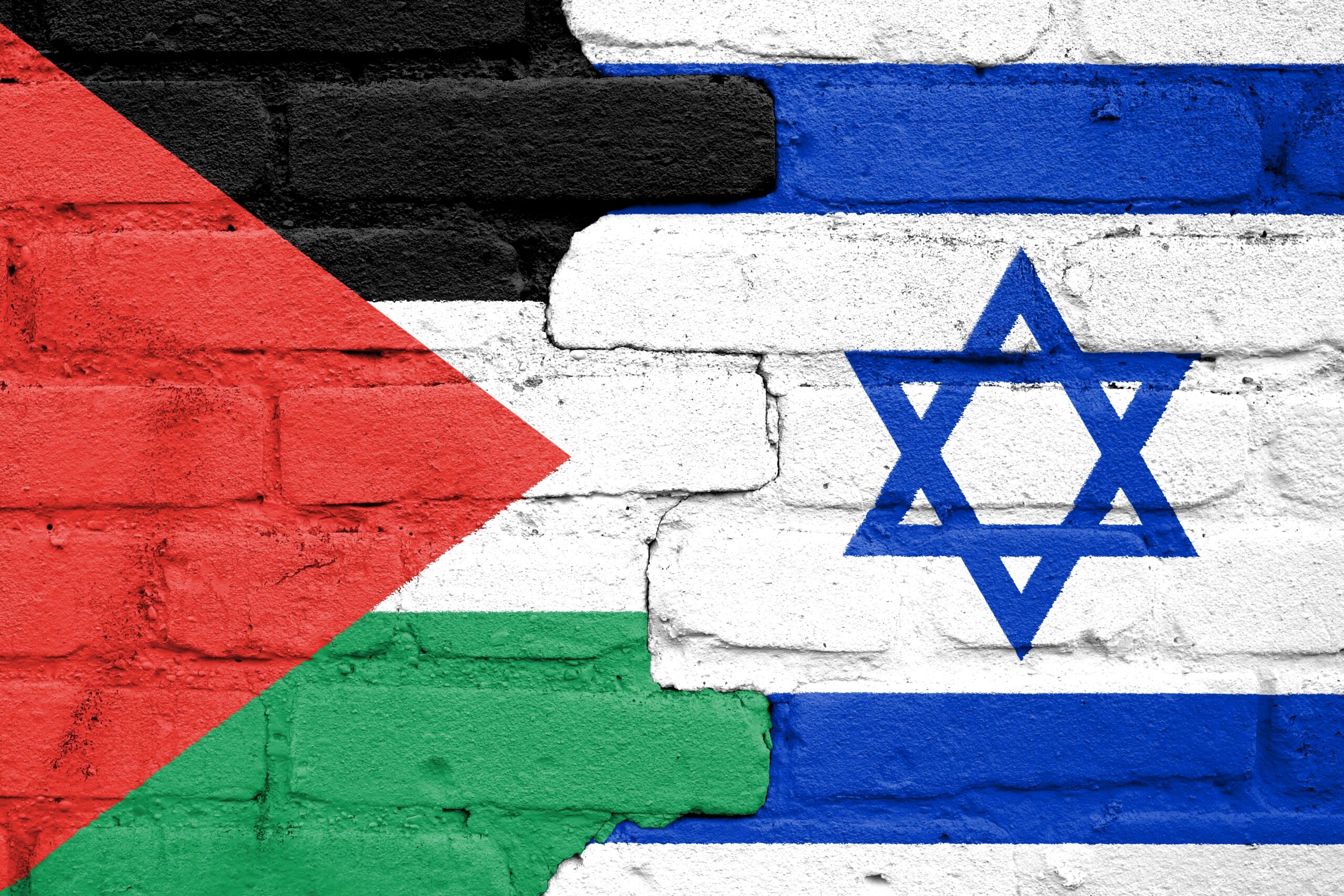Israel And Hamas Agree On Ceasefire, Prisoner Exchange

A four-day ceasefire was announced Wednesday in the Israel-Hamas war, providing an opportunity to exchange prisoners and allow humanitarian aid into Gaza.
Some 50 hostages taken by Hamas terrorists in the Oct. 7 raid are expected to be exchanged for 150 Palestinian prisoners held by Israel. The truce is expected to take effect Thursday morning local time.
Roughly 1,200 Israeli citizens were killed in the terror attack across the nation’s southern border. At least 240 were taken captive, and an international effort immediately commenced to secure their release even as Israel attacked Hamas positions.
Hamas health authorities claim that more than 11,000 Palestinians have died in the Israeli offensive that followed the massacre. There are widespread reports of a “humanitarian crisis” in Gaza as Israel roots out terrorist groups from the Strip.
The deal between Israel and Hamas was negotiated by Qatar, Egypt and the U.S.
And while Arab leaders insist the ceasefire must lead to a cessation of the offensive, Israeli Prime Minister Benjamin Netanyahu on Tuesday poured cold water on this goal.
Speaking to an all-night Cabinet meeting, he declared, “The government of Israel, the IDF and security services will continue the war in order to return home all of the hostages, complete the elimination of Hamas and ensure there will be no new threat to the State of Israel from Gaza.”
The Arab community for weeks insisted on a “truce” to allow humanitarian aid into Gaza. Israel made that difficult decision and immediately was met with demands that the ceasefire be permanent.
That would only benefit Hamas terrorists, and Netanyahu bought none of that narrative. He insisted that as soon as the ceasefire ends, the war will continue.
The agreement called for women and children to be released from Hamas — approximately 12 per day over the four-day truce. There will be an additional 10 hostages released in exchange for every additional day of ceasefire up to 10 days maximum.
Israel agreed to release 150 Palestinians held in custody and more of additional Jewish hostages are freed. Among the list of 300 Palestinians eligible for release are 287 males 18 and under.
They primarily face charges related to rock throwing and rioting.
The other 13 Palestinians are adult women, mostly incarcerated for attempting stabbings of Israelis.
























